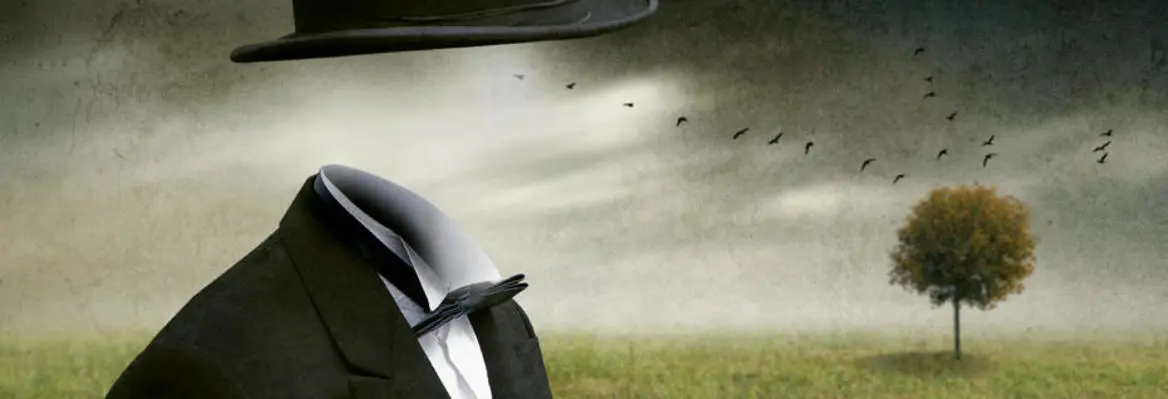Memory forms the very fabric of our selves. Yet we forget vastly more than we remember, and we embellish until we no longer trust our own minds. Should we accept that true memory is a fantasy? Does this risk chaos in our courts or liberate us to think ourselves and our culture anew?
Philosopher and classicist Angie Hobbs is Chair for the Public Understanding of Philosophy at Sheffield, and a frequent contributor to the BBC’s In Our Time, Night Waves and The Forum. She is the author of Plato and the Hero and is currently working on a new edition of Plato’s Symposium.
Here she speaks to the IAI about memory, identity, and why life has no meaning without narrative structures.
In the debate on IAI TV, you said that memory is essential for our sense of identity, regardless of whether memories are accurate.
Yes. For example, I could have a false memory from my childhood, based on something that didn’t actually happen, but something that somebody told me had happened. If I’ve grown up with that false memory for 50 years, it’s going to play a huge part in my sense of who I am and where I come from, what matters to me and what my values are – despite the fact that it’s not based on external reality.
But then I might subsequently be informed that, in fact, this event that I remember did not take place. I never did meet, say, my father, for the only time in my life when I was two years old, as I had always thought I had done. In fact, I never did meet him at all. This could potentially have a profound impact on my sense of self, my personal story and my history.
We use memories to create narrative structures for ourselves, and the narratives of our lives. If those narratives are then disrupted through the revelation that a memory is false, then that is going to be very disorientating for us. This needn’t necessarily be negative; there might be positive effects too.
What is important to point out is that this relationship between our sense of identity and memory goes both ways. Not only do memories create our sense of ourselves, but also it’s our sense of self – and who we are, what matters to us, even beyond our sense of self – that creates our memories. As Margaret Heffernan said in the debate we unconsciously edit our experiences all the time. In the first instance, there is then a reasonable amount of unconscious decision-making about what we remember or don’t remember. Experiences become memories and stay memories, but some experiences never become memories or are short-lived memories and then are forgotten. It’s a two-way relationship. Our memories create who we are, but then who we are creates our memories. And who we are then also blocks out certain memories.















Join the conversation